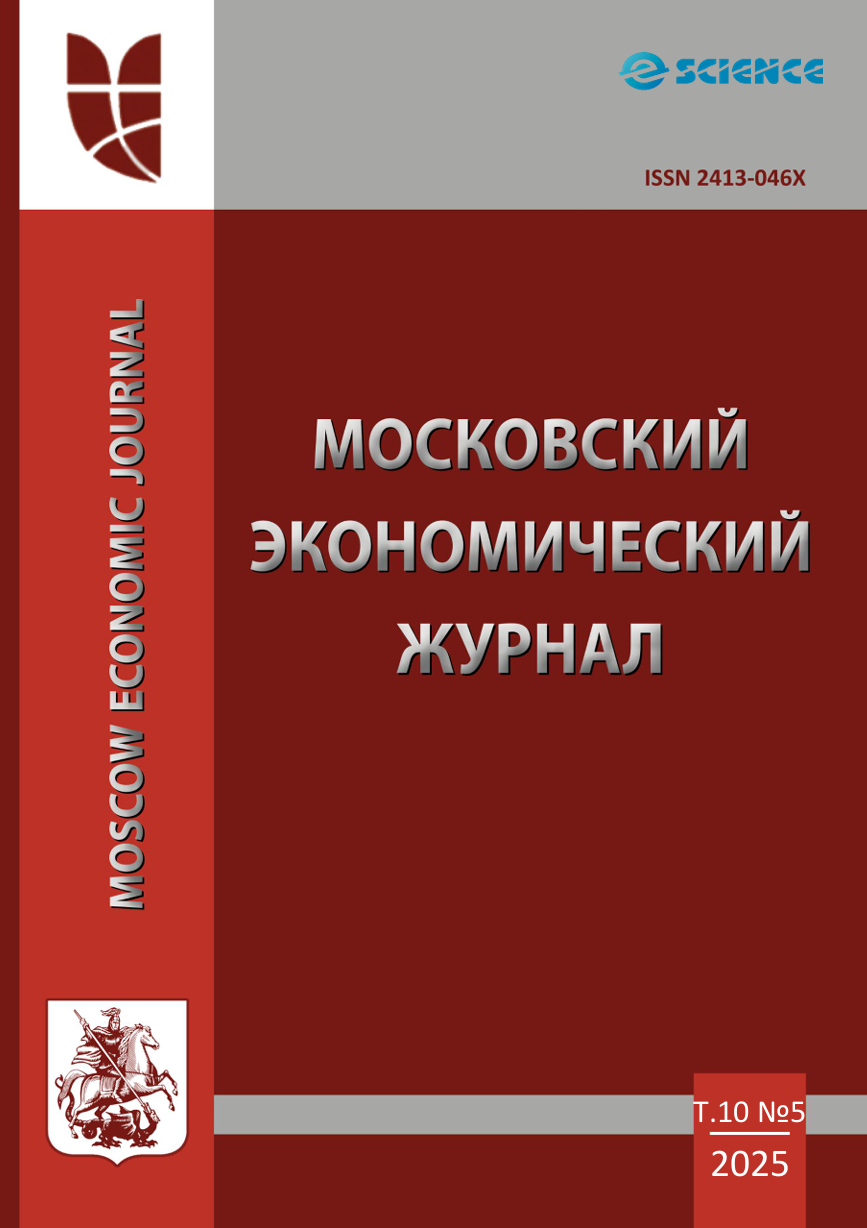employee from 01.01.2006 until now
Russian Federation
UDC 338.48
The article provides a comprehensive analysis of the process of digitalization in the tourism and recreation sector in the Krasnodar Territory, which is one of the major tourist destinations in Russia. It covers the current state of affairs and the main challenges of digital transformation in the tourism industry, such as the introduction of innovative technologies, the establishment of necessary infrastructure, and the creation of institutional conditions for sustainable development. The authors thoroughly examine various aspects of digitalization, from the implementation of automated management systems for collective accommodation facilities to the advancement of mobile technologies and the development of digital payment solutions. They also focus on the analysis of big data use to predict tourist traffic, optimize the use of accommodation facilities, and enhance the efficiency of tourism enterprises. The paper examines in detail the use of VR/AR technology in museums, tourist information centers, and other tourism infrastructure. It discusses the development of mobile applications for tourists, such as navigation systems, booking platforms, and guides to local attractions. The paper pays particular attention to the challenges of digital transformation in tourism, including uneven technological development among regions, a lack of qualified personnel, cybersecurity concerns, and the high costs of implementing solutions for smaller businesses. Additionally, the paper explores modern digital channels for showcasing a region's tourism potential, such as official tourism websites, social media platforms, and online booking services.. The article discusses promising areas for digital tourism development, including the creation of a unified marketplace for tourism in the Kuban region, the introduction of immersive content, and the development of artificial intelligence (AI) technologies for content creation and business process optimization. Special attention is given to promoting tourist services internationally in the region. The research is based on an extensive analysis of scientific papers, statistical data, and the author's own research in this field. The methodology used includes analytical analysis, data systematization, comparative analysis, and the formulation of generalized conclusions. The practical significance of this work lies in its potential to inform the development of strategies for digital transformation in the tourism industry, both at the regional and national levels.. The study can be beneficial for tourism authorities, tourism organizations, and hospitality industry businesses in planning and executing projects to digitize the tourism industry.
digital transformation, tourism industry, digitalization of tourism, information technology, virtual reality, augmented reality, institutional conditions, legal framework, promotion of tourism services, business processes in tourism
1. Lebedeva S. A. Ekonomika vpechatleniy i turizm: postkovidnaya perezagruzka v kontekste social'no-ekonomicheskoy bezopasnosti strany // Ekonomicheskaya bezopasnost'. 2023. T. 6. № 2. S. 729-748.
2. Kolodnyaya G. V. Ekonomika vpechatleniy: potencial razvitiya v usloviyah informacionnogo obschestva // Ekonomika. Nalogi. Pravo. 2022. T. 15. № 2. S.
3. Asnovich N. G., Semashko Yu. V. Sovremennye trendy digital-marketinga v sfere turizma // Mir sporta. 2023. № 4(93). S. 95–98
4. Dunec, E. G. Cifrovizaciya kak faktor uspeshnosti deyatel'nosti turistsko-gostinichnyh kompleksov Krasnodarskogo kraya / E. G. Dunec, E. V. Inochkina, A. S. Petrosyan // Ekonomika ustoychivogo razvitiya. – 2025. – № 1(61). – S. 77-80.
5. Shaymieva E. Sh., Gumerova G. I. Startapy v oblasti turizma: vzaimodeystvie s kreativnymi industriyami. Immersivnyy turizm // Turizm i gostepriimstvo: novye koncepcii, vozmozhnosti i instrumenty razvitiya: Sbornik statey po materialam Mezhdunarodnoy nauchno-prakticheskoy konferencii, Belgorod, 20 aprelya 2023 goda. Belgorod: Belgorodskiy gosudarstvennyy nacional'nyy issledovatel'skiy universitet, 2023. S. 280–285.
6. Programma «Cifrovaya ekonomika Rossiyskoy Federacii» [Elektronnyy resurs]. URL: http://government.ru/rugovclassifier/614/ events/ (data obrascheniya: 6.03.2025)
7. Rasporyazhenie Pravitel'stva Rossiyskoy Federacii ot 20 sentyabrya 2019 g. № 2129-r «Strategiya razvitiya turizma v Rossiyskoy Federacii na period do 2035 goda» [Elektronnyy resurs]. URL: https://www.garant.ru/ products/ipo/prime/doc/72661648/#1000 (data obrascheniya: 5.04.2025)
8. Shabanova, L. B. Cifrovizaciya industrii turizma kak effektivnyy instrument ravnomernogo i ustoychivogo razvitiya regionov Rossiyskoy Federacii / L. B. Shabanova, I. S. Kabirov // Ekonomika i upravlenie: problemy, resheniya. – 2024. – T. 5, № 1(144). – S. 105-112.
9. Koninina, D.D. Cifrovaya transformaciya regional'nogo turizma / D.D. Koninina, A. V. Lomovceva // E-Scio. – 2023. – № 3(78). – S. 503-509.
10. Gnedkova, M.A. Cifrovaya transformaciya delovogo turizma v Rossii: problemy i perspektivy razvitiya / M. A. Gnedkova, T. M. Tokmurzin // Konferencium ASOU: sbornik nauchnyh trudov i materialov nauchno-prakticheskih konferenciy. – 2022. – № 2. – S. 232-239.
11. Ozimina, L.A. Cifrovaya transformaciya mirovogo turizma: teoreticheskiy aspekt cifrovogo prodvizheniya / L. A. Ozimina, O. N. Kostryukova // Vestnik Nacional'noy akademii turizma. – 2019. – № 3(51). – S. 24-26.
12. Aleksahin, A. N. Cifrovaya transformaciya v sfere turizma: tendencii i perspektivy razvitiya / A. N. Aleksahin, E. N. Nohtueva, L. S. Baytimerova // Vestnik Akademii znaniy. – 2024. – № 3(62). – S. 674-679.











